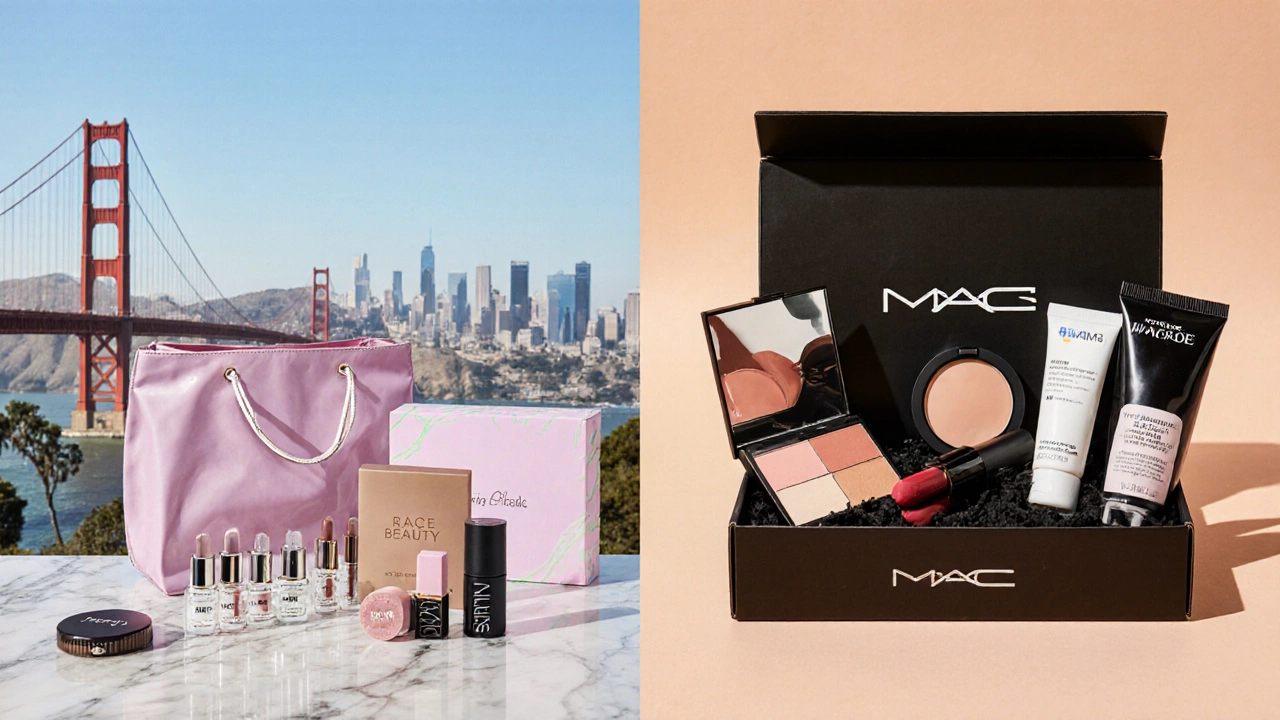Company Ownership in Beauty: Who Really Runs Your Favorite Brands?
When you buy a lipstick, serum, or cleanser, you’re not just buying a product—you’re supporting a company ownership, the structure that determines who controls a beauty brand’s decisions, values, and supply chain. Also known as corporate control, it’s the hidden force behind labels like L’Oréal, Aveeno, and Almay—deciding whether a brand tests on animals, sources organic ingredients, or hides fees in fine print. Most people assume a brand’s name equals its values, but that’s rarely true. Take L’Oréal: it owns over 30 beauty brands, from Lancôme to NYX. One of them might be cruelty-free, but the parent company still sells in markets requiring animal testing. That’s not a contradiction—it’s standard practice under current company ownership, the system where large corporations acquire smaller brands to expand market share while keeping their ethical labels separate. This isn’t just about ethics. Ownership affects pricing, ingredient transparency, and even who gets trained to use these products. At Dollhouse Beauty Academy, we teach students to read beyond the label. If you’re building a career in cosmetics, you need to know who’s really calling the shots.
Think about it: when you see "organic skincare" or "medical grade" on a bottle, those terms aren’t regulated the same way everywhere. The cosmetics brand, a company that develops, markets, and sells beauty products under its own name. Also known as beauty brand, it might claim to be natural, but if it’s owned by a multinational that also owns drug manufacturers, the line between cosmetic and pharmaceutical gets blurry. That’s why understanding corporate control, the power held by parent companies to override subsidiary brand values for profit or compliance. matters. It explains why Aveeno’s parent company can claim "no animal testing" while still distributing products in China. It’s why Birchbox offers samples from brands owned by the same conglomerate that owns Ulta’s in-house lines. Ownership shapes availability, marketing, and even which products get promoted in salons or online.
What you’ll find in this collection isn’t just a list of articles—it’s a behind-the-scenes look at who owns what, how that affects your choices, and why it matters if you’re learning the trade. You’ll see how L’Oréal dominates the global market, how ownership impacts cruelty-free claims, and why "natural" doesn’t always mean safe or ethical. Whether you’re a student, a client, or a professional, knowing the real players behind the labels helps you make smarter decisions—about what you use, who you trust, and where you invest your time and money.
Are Ipsy and BoxyCharm Together Now? The Truth About Subscription Box Ownership
Ipsy and BoxyCharm are not together-they're separate companies with different approaches to beauty subscription boxes. Learn how they differ, which one suits your needs, and whether you can subscribe to both.

